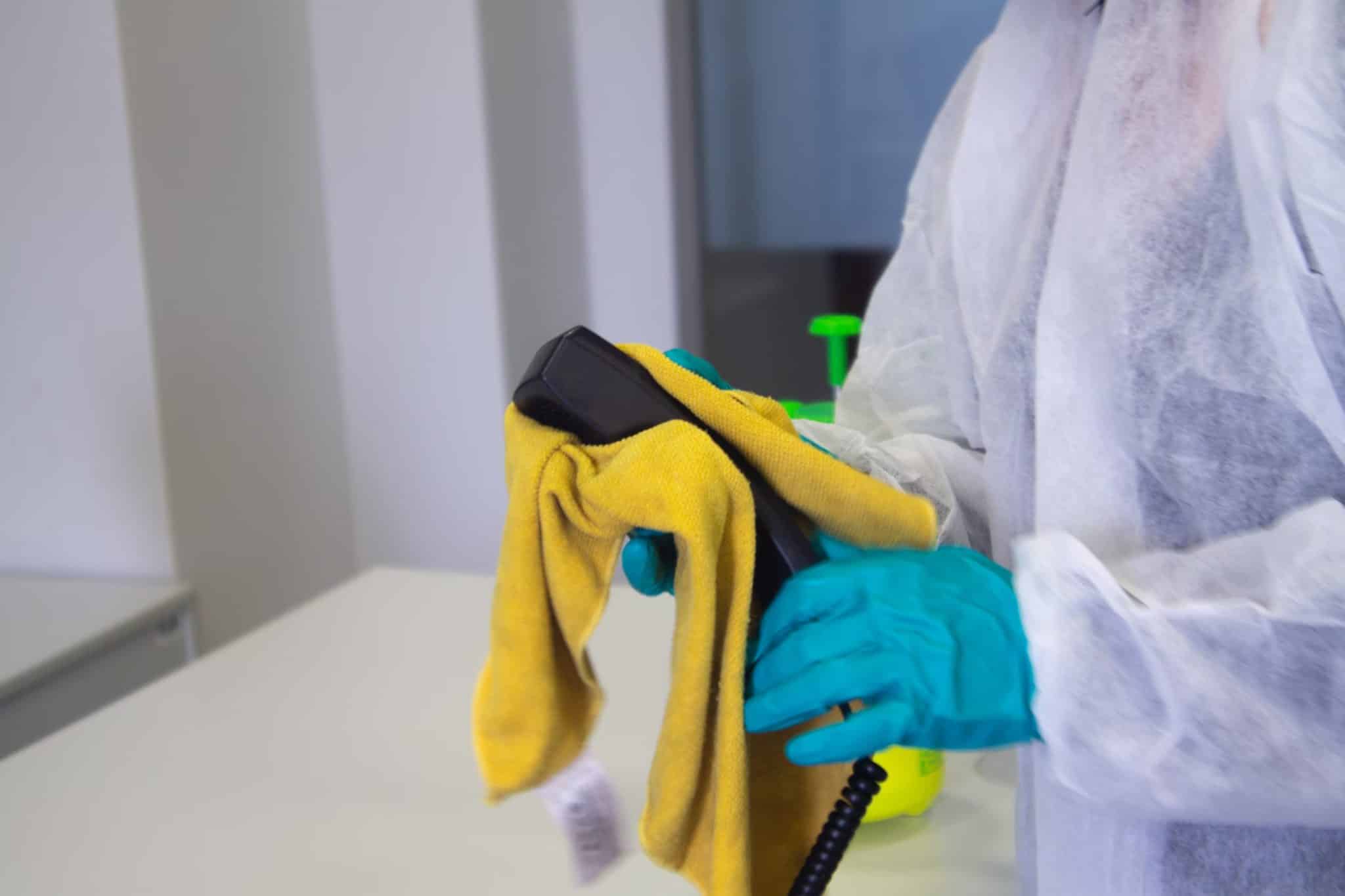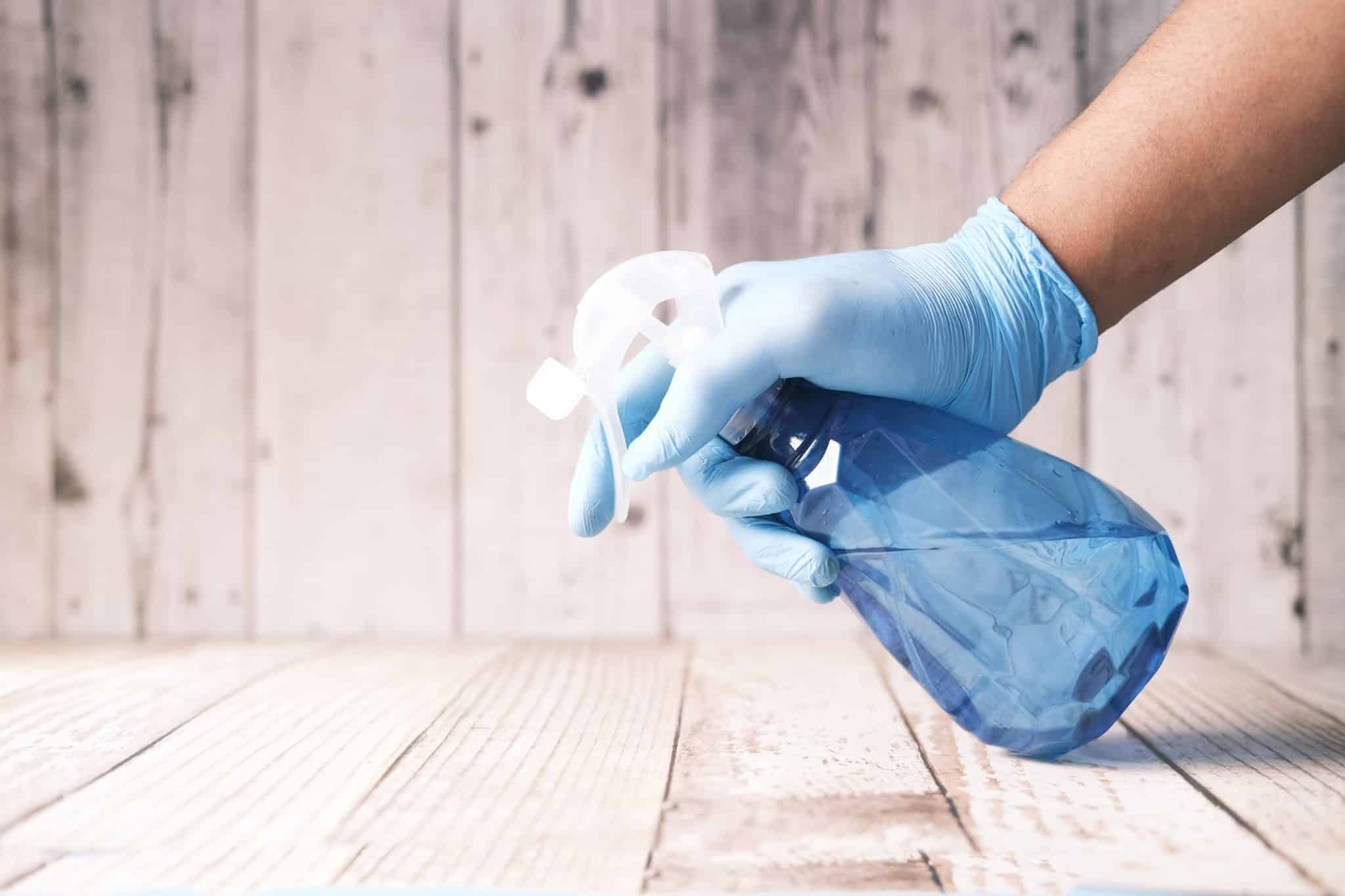Blood cleanup is a specialized field that combines scientific expertise, emotional understanding, and safety protocols.
It requires precision and knowledge to ensure the proper handling of sensitive situations while prioritizing the health of everyone involved.
Professionals in this area face unique challenges, as they deal with more than just surface cleaning—they handle potential hazards, emotional impacts, and long-term preventive measures.
This article examines the less-recognized aspects of this crucial work, perusing advanced methodologies, human factors, and community benefits.
The Importance of Professional Expertise
Decontamination of places where biological substances are used poses a high level of risks, as threats cannot always be visible by the naked eye, according to this forum.
Potential microorganisms in fluids can survive for years and act as dangers for any user who interacts with such spaces. Proper handling requires more than basic cleaning tools; it demands in-depth knowledge of protocols designed to neutralize hazards effectively.
Trained personnel have knowledge of immediate and long-term risks due to contamination. Their expertise ensures that affected spaces are restored to a safe state without leaving residual problems.
Specialized processes not only remove visible traces but also eliminate microscopic particles that could pose threats later on.
The complexity of these tasks highlights the importance of professional involvement. Incorrect methods can spread harmful substances rather than contain them, underscoring the need for skilled technicians who follow established guidelines and use appropriate tools.
Advanced Tools and Techniques
The most interesting thing about this work is the technology and equipment involved. Cleaning agents are used, especially those which degrade organic matter.
These solutions contain enzymes that can reach hidden residues on surfaces and neutralize them. This kind of precision is vital to achieve good results.
Among modern equipment, too, are sophisticated filtration systems and high-efficiency vacuums that capture microscopic particles.
These instruments make sure that no mark remains behind, even in unreachable areas. Sometimes, ultraviolet light is applied to reveal unseen contamination for added assurance.
This is just as important in terms of protective measures for the safety of those performing the task. Special clothing, gloves, and breathing gear protect workers from exposure during the process.
These safeguards are very important to maintain health and to keep the work environment secure for all those involved.
Each tool and technique forms part of a larger system in place for one sole reason: an environment that is fully decontaminated and safe.
By combining state-of-the-art technology with strict protocols, professionals can handle the most complex situations.
Balancing Technical Skills with Emotional Sensitivity
This kind of work often involves trauma or loss, which demands emotional depth in addition to technical expertise.
A good certified blood cleanup company is there for you when you need them. Families and individuals experiencing trauma or loss look to these professionals for their skills, but also for handling the situation with compassion.
Technicians in this field are trained to approach each case with discretion and empathy, understanding that the spaces they work in are not just physical areas but are often tied to deeply personal experiences.
By respecting the emotional weight of these circumstances, professionals provide more than a service-they offer support during a difficult time.
Another important component in this work is clear communication. The explanation, soothing of fears, and transparency make the clients develop a kind of trust in them.
Specialists manage to create this sense of reassurance with regard to both the technical and human aspects of their job, which goes beyond mere cleanup.
It is this balance of technical precision and sensitivity to human emotion that distinguishes them.
Understanding complex situations and having the ability to navigate them with care creates invaluable contributions for those whom they serve.

Long-Term Safety and Prevention
It does not end with the immediate task but involves follow-up steps to avoid any risk in the future. Among such works, proper disposal of materials is one of the most critical aspects that include containing harmful substances and treating them according to strict regulations.
Specialized facilities handle transport and disposal of biohazard waste following guidelines designed to protect public health and the environment (https://www.cleaningtalk.com/threads/crime-scene-cleaning.7009/). This attention to detail ensures that no harm results from the materials after leaving the affected site.
PreCautionary measures are also very necessary for reducing such incidents in the future. Community education about the risks of exposure and proper handling will help reduce the occurrence of similar situations. Awareness helps professionals enable individuals and organizations to take proactive steps toward maintaining safe environments.
This ongoing commitment to safety reflects the broader impact of their work. Beyond addressing immediate concerns, their efforts create a healthier and more informed community.
By setting high standards in their practices, they inspire others to prioritize well-being in similar ways. Their dedication serves as a model for fostering environments where everyone feels secure and supported.
Blood cleanup is more than a technical process; it’s a vital service that protects health, restores order, and brings peace of mind. Its importance consists not only in the immediate results but also in deeper resonances and the possibility of recovery.








